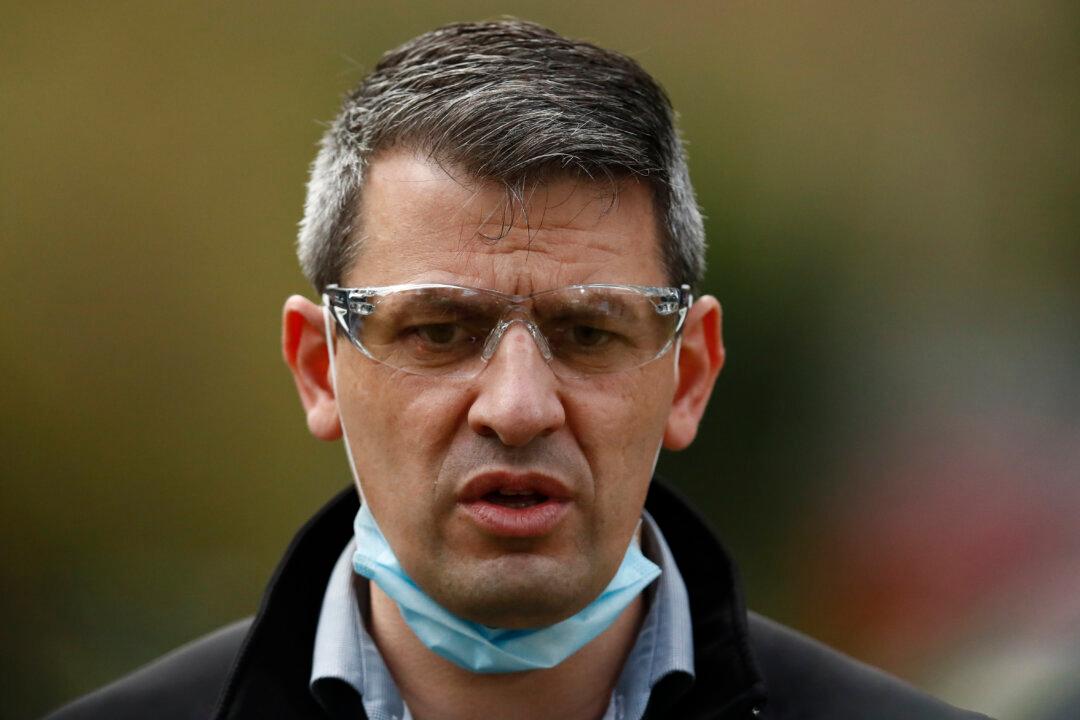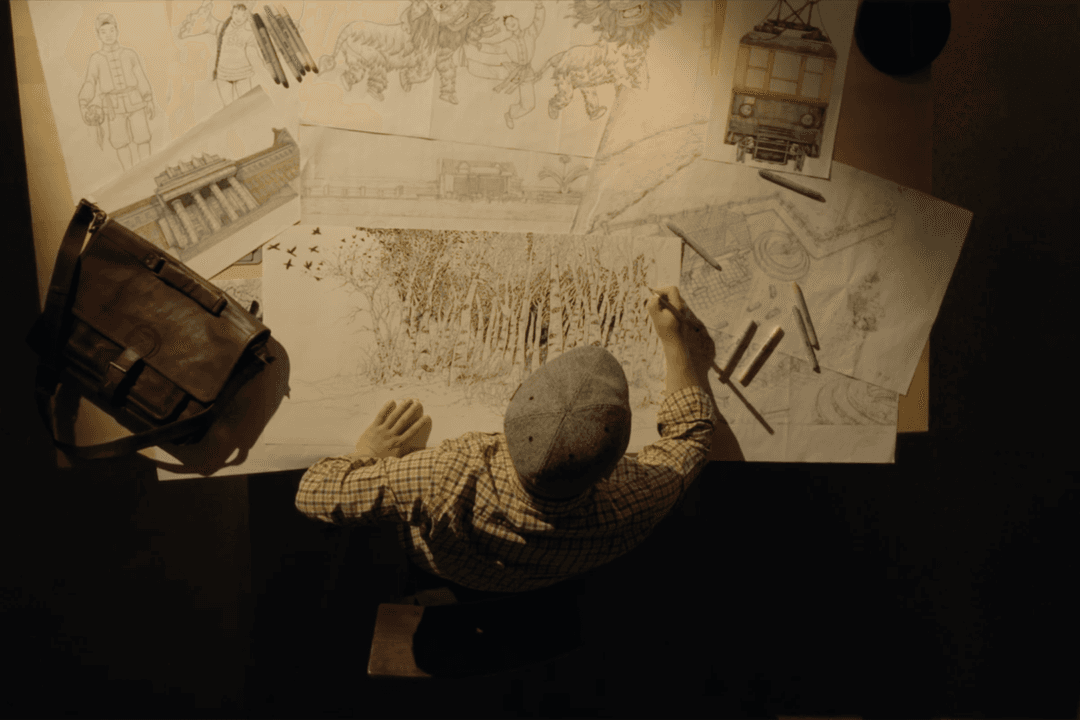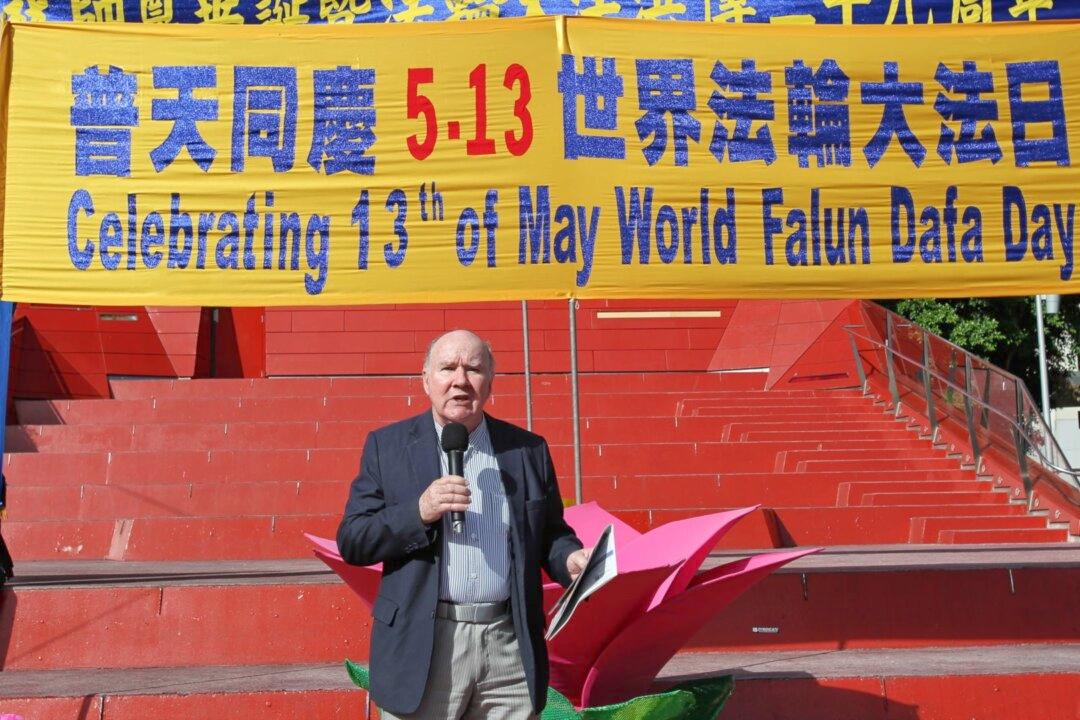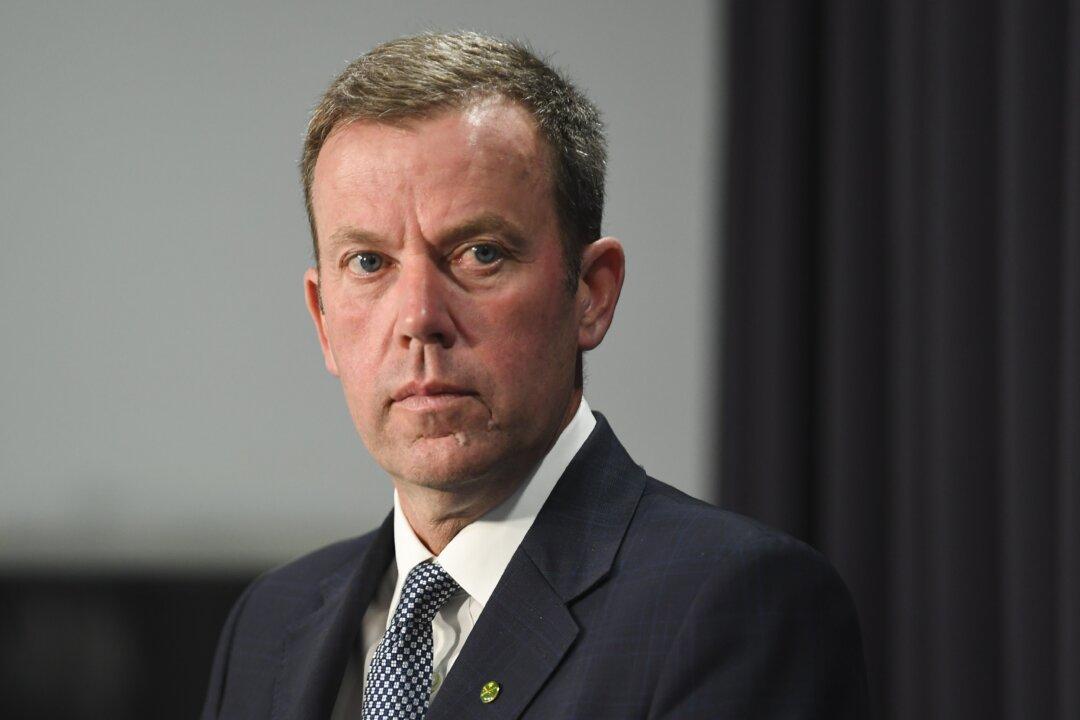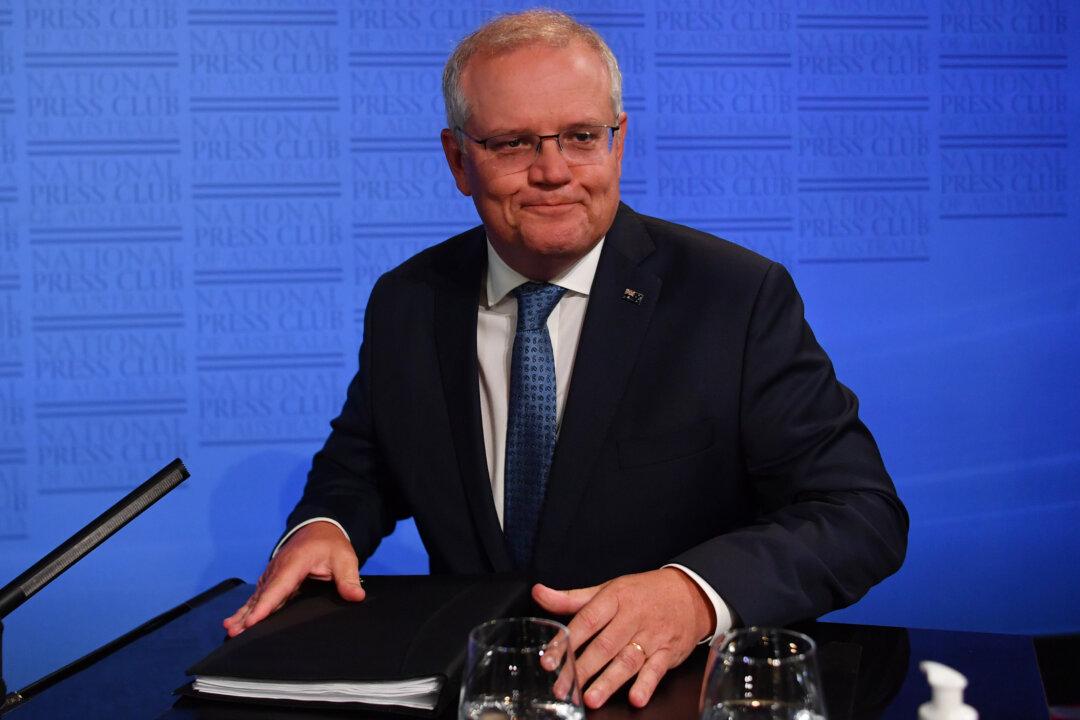Victoria’s police force are not resourced for the hard lockdown of the public housing towers in Australia’s southern city of Melbourne to continue more than five days, says an association chief.
Around 500 police officers have been stationed at nine public housing estates in the city’s suburbs of Flemington, Kensington, and North Melbourne since the evening of July 4. They are enforcing a hard lockdown of the towers’ residents in an attempt, unprecedented for Australia, to stop the spread of the CCP (Chinese Communist Party) virus, commonly known as novel coronavirus.
